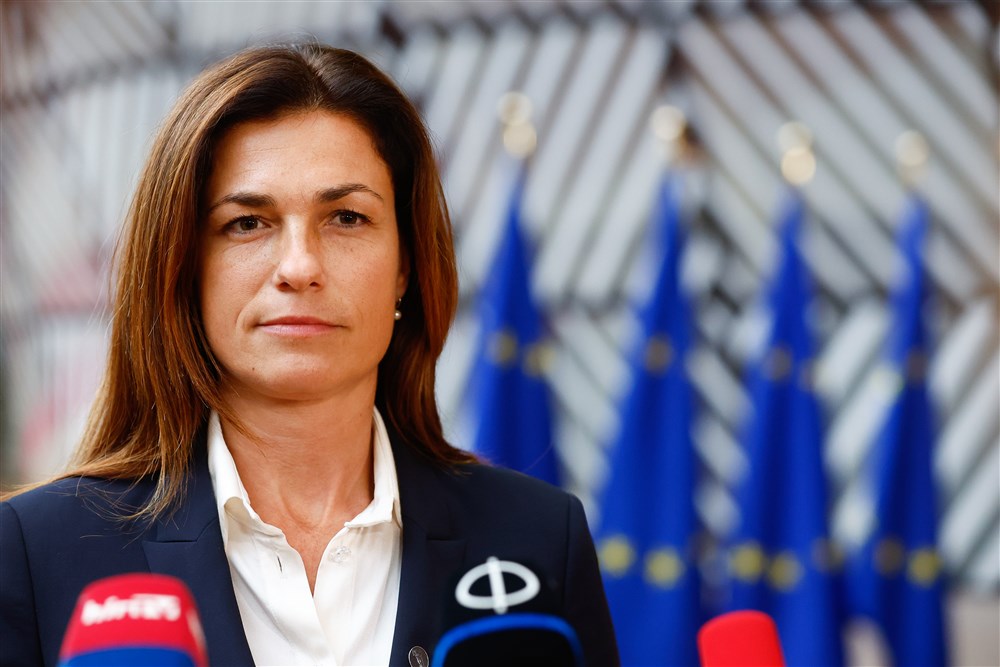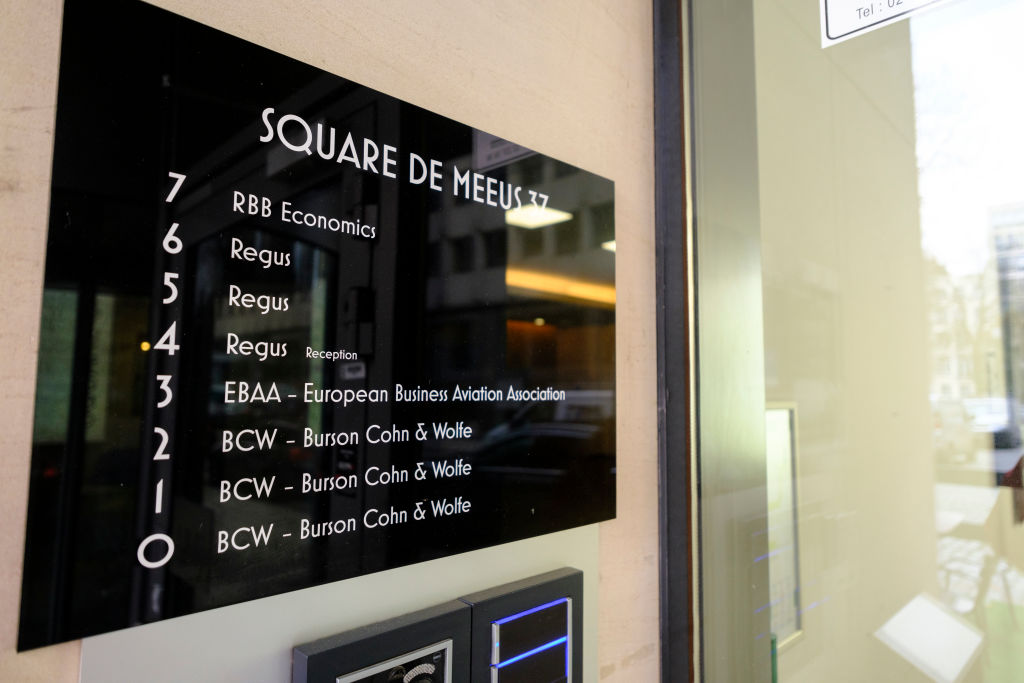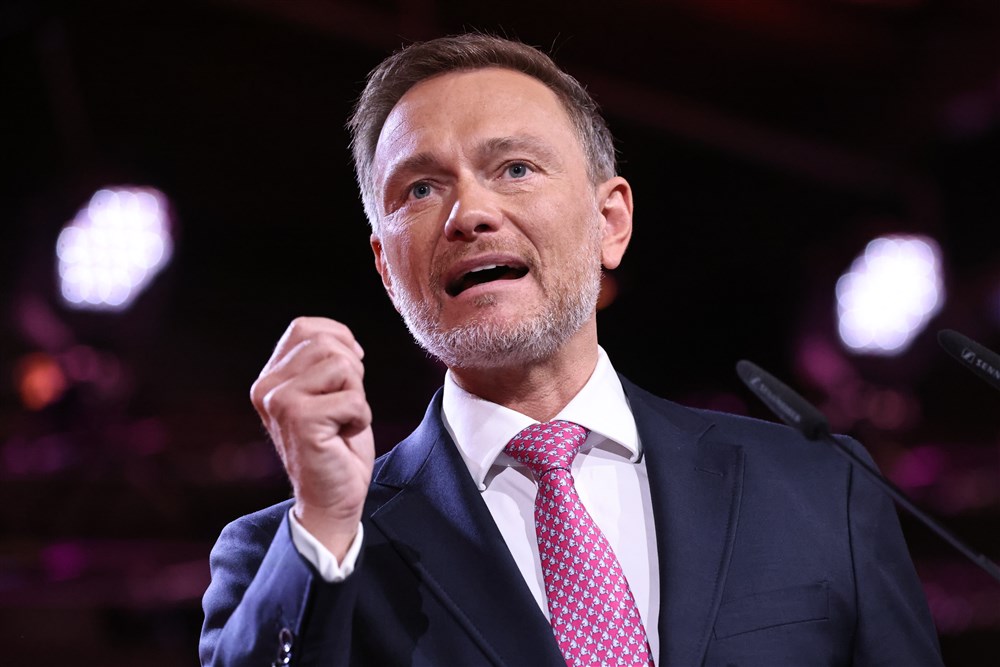Germany is the latest to voice concerns over Hungary taking up the rotating European Union presidency in the second half of 2024, questioning the country’s ability to lead the EU.
Hungary is in the spotlight over what is seen by critics as its resistance to helping Ukraine, its hostility toward mass migration, and for differing opinions on the rule of law and its perceived conservative ethical views.
Some MEPs have suggested Hungary be barred from hosting the presidency, which requires it to play an important role in coordinating policy work at the EU Council. The primary concern among critics is what they see as the Central-European country’s dialling back of democracy, illustrated by the long fight between Budapest and Brussels over proposed judicial reform.
Now Germany has joined concerned MEPs in voicing doubts over Hungary’s suitability to lead the EU. On Tuesday, Germany’s Europe Minister, Anna Lührmann, told reporters she had “doubts about the extent to which Hungary will be able to lead a successful Council presidency”. Lührmann referred to Budapest’s alleged breaches of law and its apparent lack of support for Ukraine in Kyiv’s conflict with Russia.
Her remarks align Germany with critics and add weight to arguments against Hungary taking up the presidency – a resolution that will be voted on on Thursday in the European Parliament.
The largest group in the Parliament, the European People’s Party (EPP), also expressed doubts about Hungary taking up the presidency. Petri Sarvamaa, EPP group spokesman on budgetary control and issues related to rule of law, told Politico: “During these unprecedented times, it is crucial that the Council is led by a country capable of upholding the strong collaboration among Member States in decision-making, especially on issues such as sanctions against Russia or support for Ukraine.”
The EP resolution relates to Hungary regarding the rule of law and includes a move to suspend the country’s right to vote on EU decisions. Although it further calls into question Hungary’s suitability to host the EU presidency, it is in reality more a symbolic procedure. However, the resolution has irritated Hungary, with Hungarian Justice Minister, Judit Varga, condemning “this anti-Hungarian initiative”.
On Tuesday, she was in Brussels to address General Affairs Council’s Article 7 procedure targeting Hungary that could result in the suspension of certain rights, and which has been ongoing for five years. Hungary and the European Commission have previously worked together, and Varga claims that there is progress on Hungarian justice reform. However, she did add it was important “not to forget that the credibility of Brussels and the rule of law procedures is also being tested, as surveys show that more and more people feel that these procedures are not serving the people but the various political interests”.
She also took to social media, claiming that European “pro-war politicians are attacking Hungary again in the European Parliament because Hungary is committed to pro-peace stance”.
She added: “The European Parliament is afraid of the Hungarian EU presidency because it would call the members and institutions of the Brussels bureaucracy to account for the anti-corruption and rule of law aspects of the EP.”
Not everyone seems eager to escalate the conflict, however. French European Affairs Minister, Laurence Boone, said: “Hungary should already be working with Spain [which will assume the presidency in July], and we expect neutrality and impartiality.” Elsewhere, Greece has joined Hungary in resistance to supporting Ukraine after Ukraine put Greek and Hungarian companies on a list of “international sponsors of the war”.





